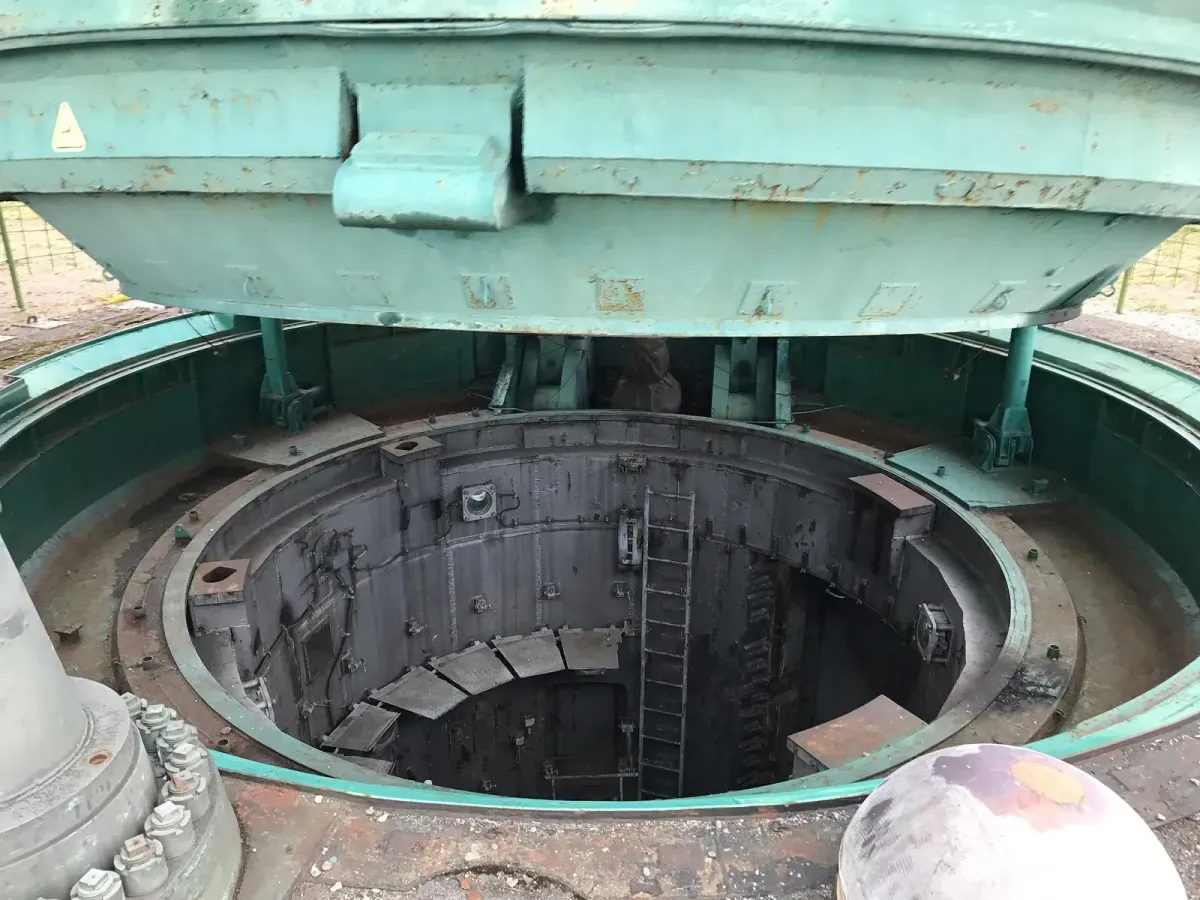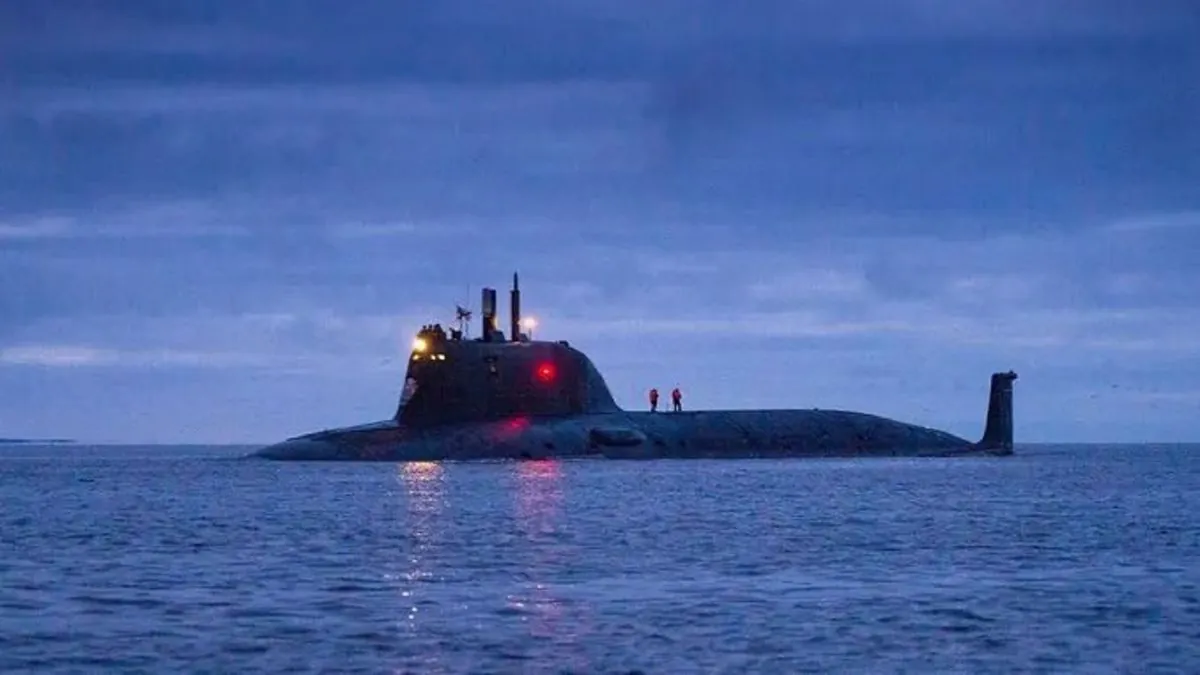Russia Signals Potential Shift in Nuclear Doctrine Amid Global Tensions
Russia announces plans to revise its nuclear doctrine, citing escalating tensions with Western adversaries. The move raises concerns about potential changes to nuclear use thresholds and global security implications.

In a significant development, Russia has announced its intention to modify its nuclear doctrine, a move that could have far-reaching implications for global security. This decision comes amid escalating tensions between Russia and Western nations, particularly in the context of the ongoing conflict in Ukraine.
Sergei Ryabkov, Russia's Deputy Foreign Minister, stated that the planned changes are "connected with the escalation course of our Western adversaries" regarding the Ukraine conflict. This announcement has sparked concern among international observers and policymakers.
The current Russian nuclear doctrine, established by President Vladimir Putin in June 2020, outlines specific circumstances under which Russia might resort to nuclear weapons use. These include responding to nuclear attacks, other weapons of mass destruction, or conventional aggression that threatens the state's existence.
Russia's nuclear arsenal, the world's largest with approximately 6,000 warheads, has long been a cornerstone of its military strategy. The concept of nuclear deterrence, which emerged during the Cold War, continues to play a crucial role in global geopolitics. Together with the United States, Russia possesses about 90% of the world's nuclear weapons.

The potential revision of Russia's nuclear doctrine raises questions about the future of arms control agreements. The Strategic Arms Reduction Treaty (START) between the US and Russia, aimed at reducing nuclear arsenals, could be affected by these developments. Additionally, the international community is closely watching how this might impact the Treaty on the Non-Proliferation of Nuclear Weapons, which has been in force since 1970.
Some experts, like ultra-hawkish foreign policy analyst Sergei Karaganov, have advocated for lowering the threshold for nuclear weapons use. Karaganov argues that this could "contain, frighten and sober up our opponents." However, such a move could severely antagonize nations that have remained neutral in the conflict between Russia and the West, including China, India, and Brazil.
The nuclear issue has significantly influenced the Ukraine conflict. While the risk of nuclear war has deterred direct NATO involvement, Western nations have progressively increased military aid to Ukraine, including the supply of advanced weaponry. This escalation has led to concerns about potential nuclear escalation.
"Russia had no need to use nuclear weapons to secure victory, but that the nuclear doctrine was a 'living instrument' that could change."
Nikolai Sokov, a former Russian arms control diplomat, warns against dismissing Russia's nuclear signaling as empty rhetoric. He suggests that these signals have already influenced the pace of Western assistance to Ukraine.
As the international community grapples with these developments, the Doomsday Clock, maintained since 1947 to indicate humanity's proximity to global catastrophe, remains a stark reminder of the ongoing nuclear threat. The potential changes to Russia's nuclear doctrine underscore the delicate balance of global security and the continued relevance of nuclear deterrence in the 21st century.


































